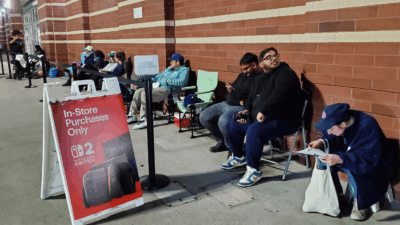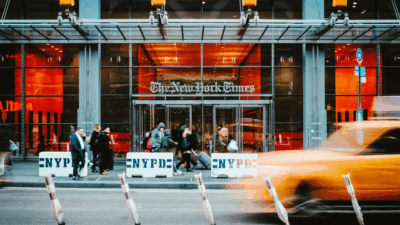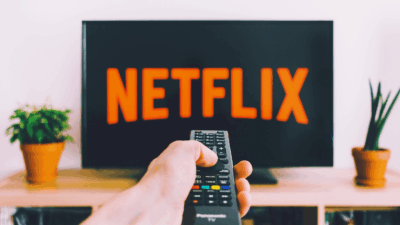Will 2025 be the Year Regulation Comes for Sports Betting?
The odds of an increase in regulation of the massive, and growing, sports-betting industry may be shifting.

Sign up for smart news, insights, and analysis on the biggest financial stories of the day.
The odds of an increase in regulation of the massive, and growing, sports-betting industry may be shifting.
The sports betting industry only picked up more steam in 2024. Americans wagered $30 billion in the third-quarter alone, according to the American Gaming Association, and the legal betting industry generated more than $53 billion in revenue in the US through the first three-quarters of the year — 8% higher than 2023 and placing the industry on track to notch its fourth-consecutive year of growth. But it didn’t escape the year without a closer eye from government regulators.
Hedge Your Bets
Is there a greater sign of officially making it as an industry than getting dragged in front of a Senate committee? In mid-December, the Senate Judiciary Committee did just that to the sports betting world, calling in bigwigs across the increasingly entwined sports and gambling industries to discuss the increasingly visible presence, and possible malignancies, of the expansion in sports betting.
While the lame-duck session mostly amounted to a holiday-season airing of grievances, it could foreshadow regulation to come. Some legislation is already sloshing around the halls of Congress, and at least some leaders in sports are calling for more oversight:
- During the hearing, National Collegiate Athletics Association President Charlie Baker called for a ban on “prop bets” — or wagers unrelated to the final outcome of a game — in college sports. Gambling experts have frequently pointed to prop bets, particularly in lower-profile events, as ripe for generating both integrity scandals and harassment of athletes; the NCAA has already successfully lobbied some states for a prop-bet ban.
- A piece of legislation called the “SAFE Bet Act” has been introduced to do just that — ban college-level prop bets as well as limit promotional “bonus bets,” curb advertising during sporting events, create affordability checks, and introduce restrictions on the use of artificial intelligence to set betting lines. While the bill itself dies at the end of the current Congress (in early January), the sponsors of both House and Senate versions will be returning next year.
Problematic: The gambling industry, unsurprisingly, lobbied for regulation to be left up to the 30-plus states that, along with Washington, DC, allow sports betting. Meanwhile, the scale of problematic gambling is becoming clearer as the industry develops. The National Council on Problem Gambling estimates around 2.5 million US adults may have a severe gambling problem, while 5 million to 8 million more may be afflicted with a mild or moderate gambling problem. A full 15% of respondents in a poll from St. Bonaventure University and the Siena College Research Institute released last year said they knew someone with an online sports-betting problem.











